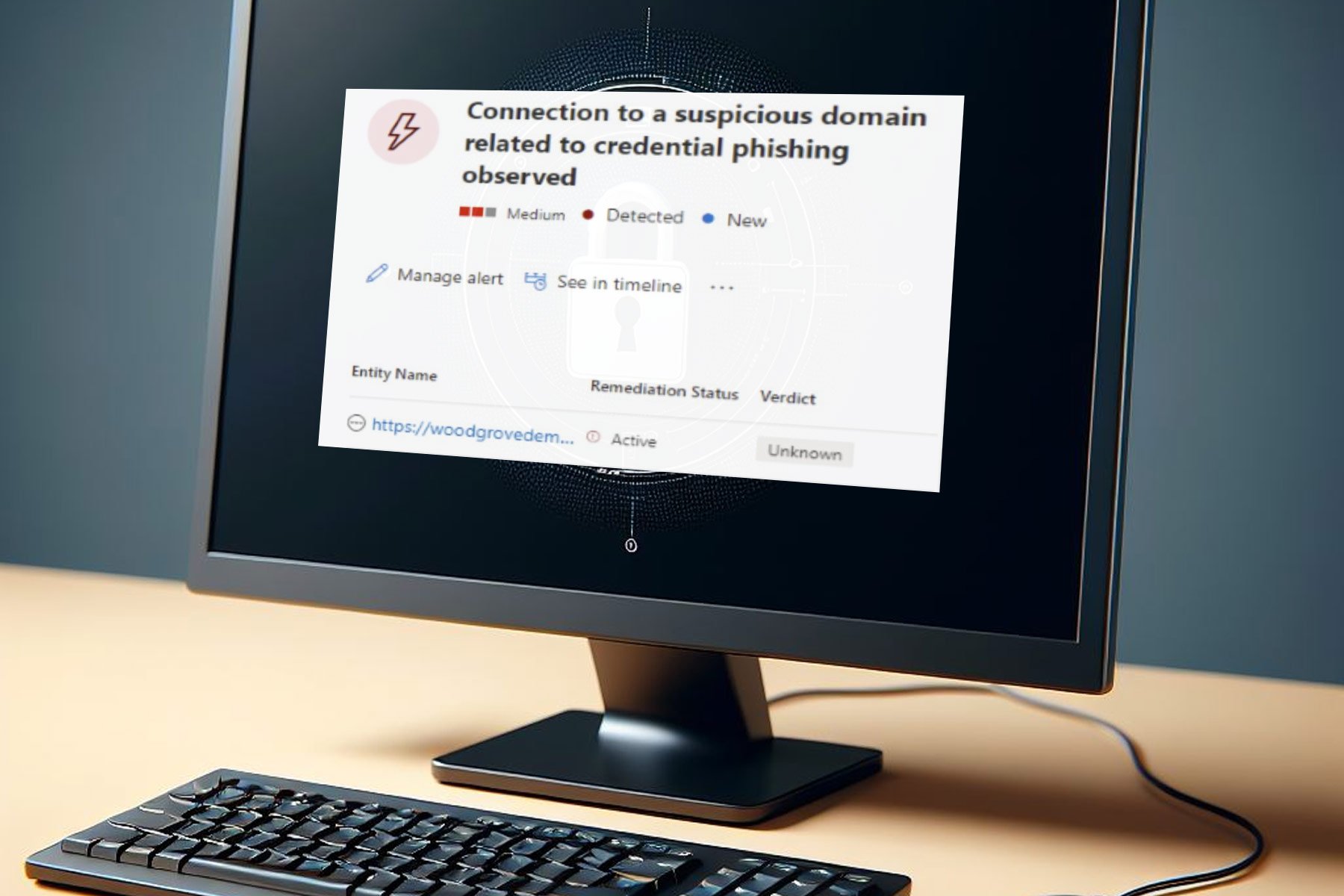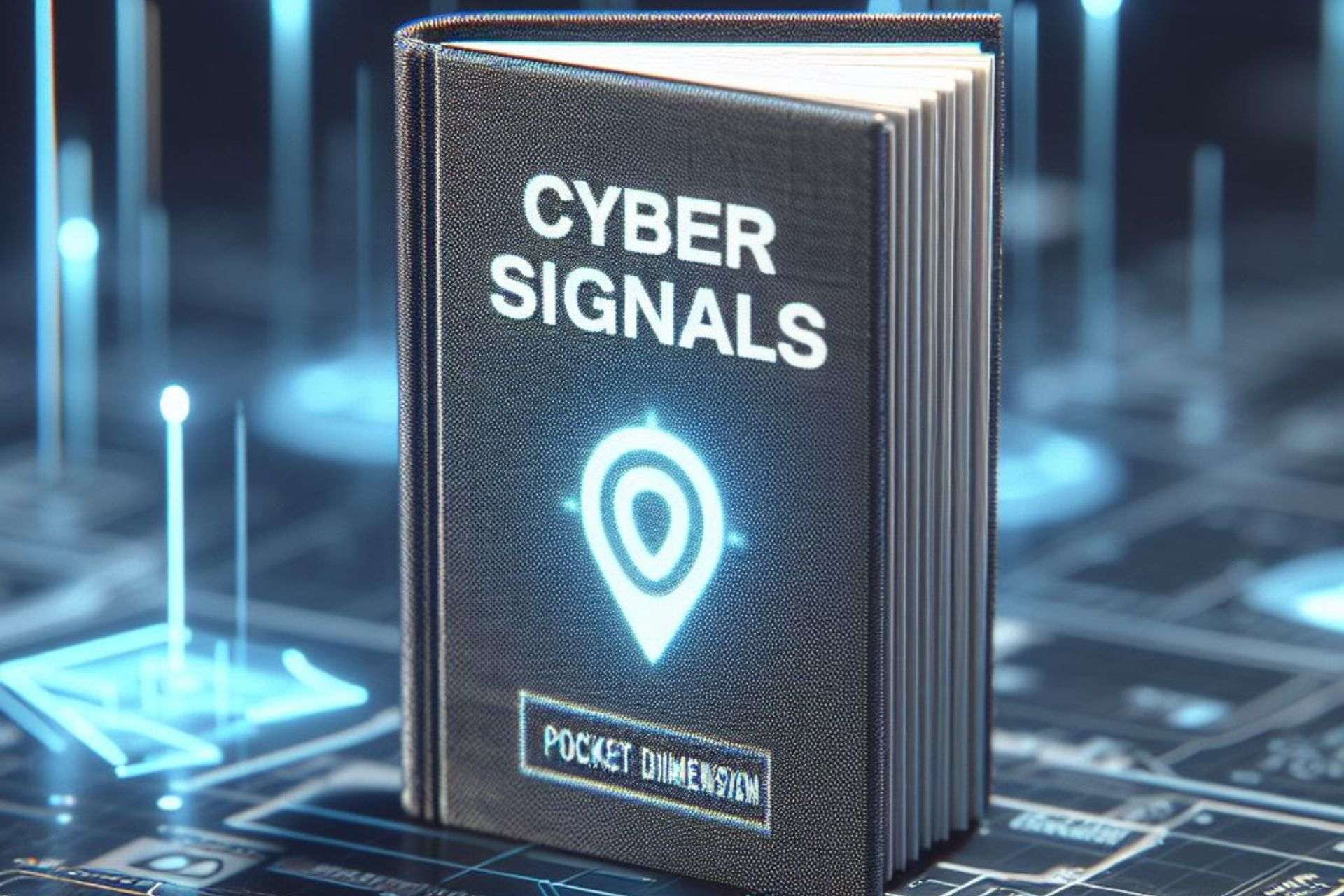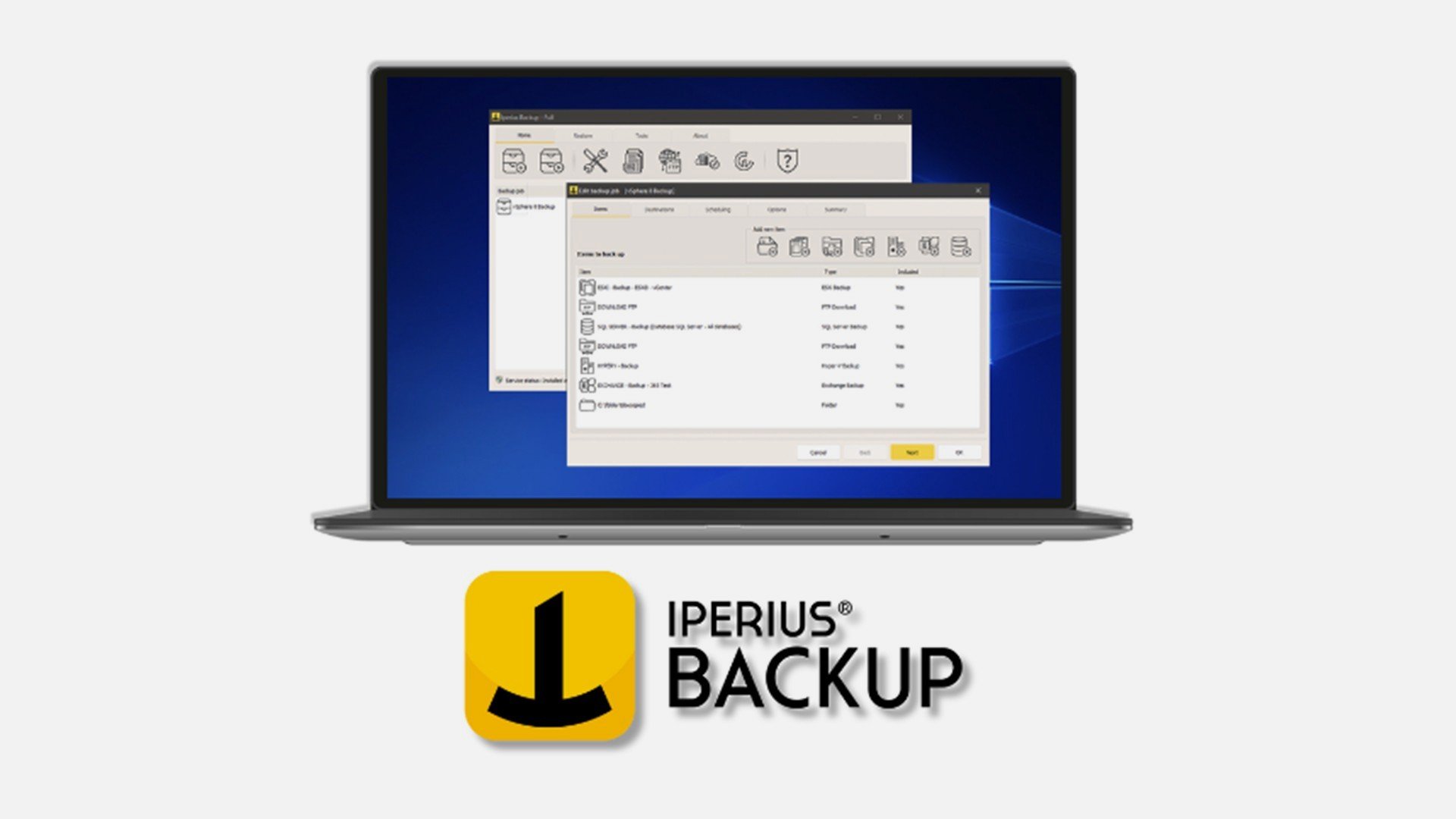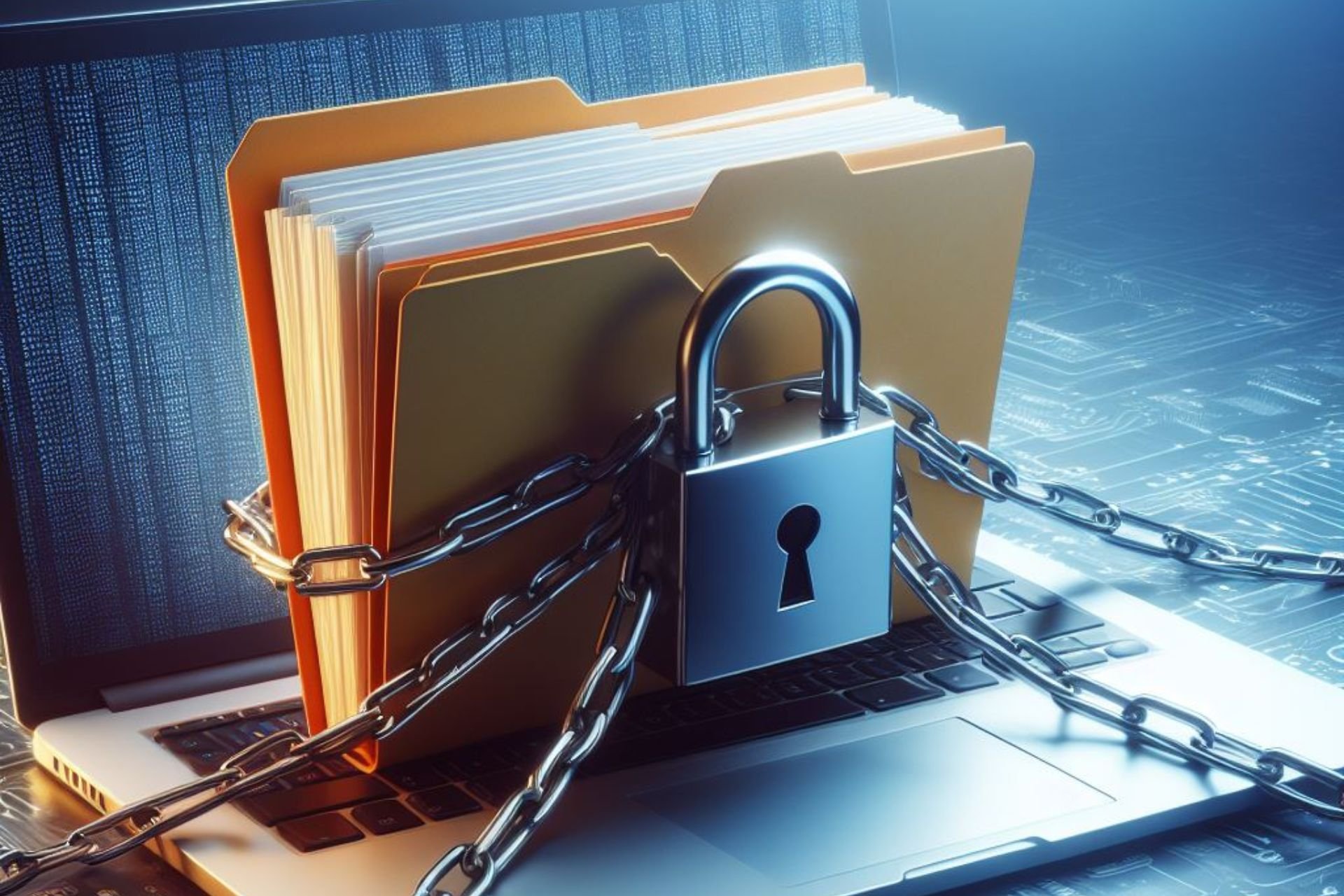These 8 secure online shopping tips are so simple, your kids can do it
6 min. read
Updated on
Read our disclosure page to find out how can you help Windows Report sustain the editorial team Read more
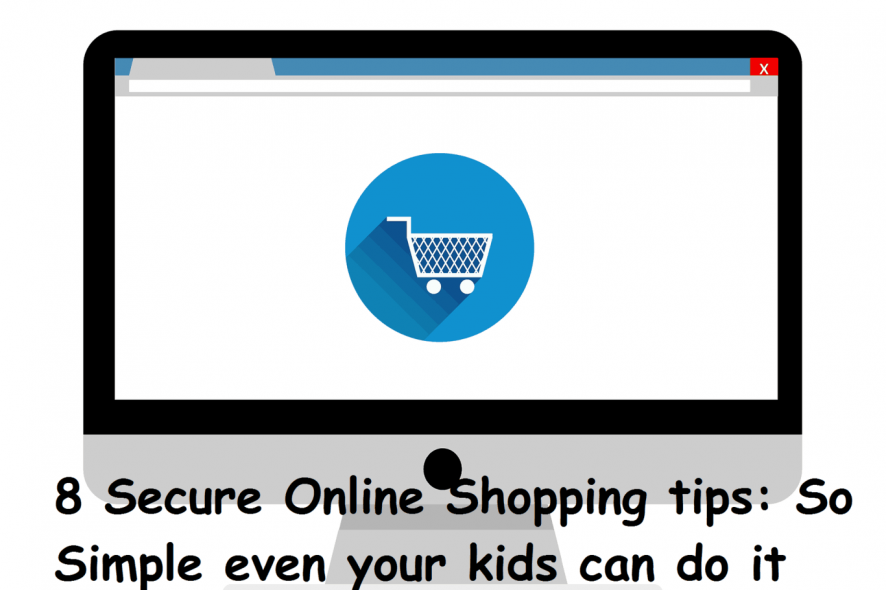
Have you been shopping online lately from your Windows PC? Today, we will be giving you secure online shopping tips to protect you and of course your money.
The world has moved on from shopping physically to virtually, hence, gradually transforming the world into a global virtual market. This gradual transformation has generated safety concern; hence, the security of the online shopping process between online retailers and online shoppers must be addressed.
However, there have been safety measures implemented by online retailers such as SSL certificate usage and other cyber security options; but we are also concerned about you the online shoppers.
Therefore, in this post, we will give 8 secure online shopping tips to increase your online shopping security options especially when shopping apps are not working.
Here are the 8 secure online shopping tips
-
Update your Operating System, browser, and antivirus software

You can take advantage of Windows updates to improve your PC performance, stability, and functionalities. Updating your phone will also help you avoid rejected transactions on Google Pay when there’s a compatibility issue.
In addition, outdated web browser is prone to data leakages when you shop online. However, when you update your web browser, it will be able to withstand any penetration attacks from hijackers.
Also, you need to update your antivirus so as to secure your online shopping process. You can update Windows Defender a built-in antivirus by Microsoft, or any third-party antivirus program available on your Windows PC. We also recommend that you turn on the protection status on your PC.
-
Run a full system scan frequently
Well, if you have a good antivirus on your Windows PC, running frequent system scan will help you system to weed out malware, virus, crapware, and most especially spyware from your system.
Spyware runs like a normal process on the PC; hackers use it to spy on your browsing activity, browsing history, and even keystroke logs. Keyloggers are example of spyware; removing them will secure online shopping process on your PC.
Read Also: Best anti-keylogger software to obliterate keyloggers
-
Use Strong Passwords
Sometimes, online shoppers use weak passwords such as abc123, password, 123456, “their names”, etc. However, these passwords are easily cracked by hijackers who steal their account information.
Hence, we highly recommend that you use strong passwords for your email address and online shopping accounts.
Read Also: Top 5 Windows 10 Password Managers to Use
-
Shop on site with the HTTPS://

You will know a site is secure if the URL for the site start with HTTPS:// instead of just HTTP://. In addition, the icon of a locked padlock will appear in the status bar at the bottom of your Web browser.
-
Are you buying from a real online shopping site?
Some hackers set up fake or cloned online shopping websites to deceive unsuspecting online shoppers. Fake online websites can infect your PC with spywares, or even viruses so as to damage your PC.
However, you can carry out WHOIS CheckUp by typing “whois” followed by the URL in search engine’ search bar; this will check if the domain name is registered by the company or an individual. You can also detect a fake online shopping website by using search engines for reviews about the online shopping site.
Read Also: Tech support scammers threaten Windows 10’s security with new tactics
-
Use secure Internet connections

We know that a free and open wireless connection means a lot to us when online; but, we recommend that you connect to the Internet wirelessly over a virtual private network (VPN) connection. Another option is to connect to the Internet privately by using Dialup Modem.
Read Also: 10 best VPN tools for Windows 10
-
Use a password manager
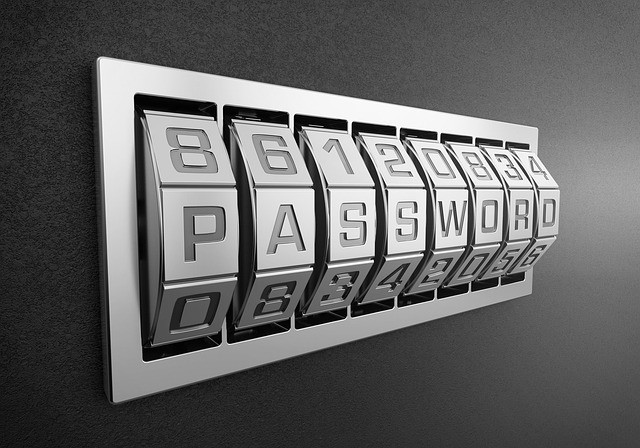
Meanwhile, we do recommend that you use different passwords for your online shopping accounts; but constantly remembering too many passwords at the same time is another issue.
However, we do recommend that you use a password manager, so as to ease out the process of secure online shopping by generating secure password, and initiate your login details. Some Windows compatible password manager that you can use include Password Padlock, LastPass, etc.
-
Don’t give out more private information
One of the best ways to secure your online shopping process is not to give out more private information than necessary. Some online shopping websites request for private information such as social security number, or date of birth; however, they do not require this information to deliver your goods.
This private information may contain clues to your email address, ATM pin, and bank account details. We do recommend that you do not give out sensitive information that could be used to violate your privacy.
-
Bonus Tip – Keep a record of your transactions
In addition, you need to check your online shopping records and compare with your banking records. Sometimes, online shoppers do not remember the items purchased from online shopping site(s), most especially frequent online shoppers.
Irregularities may occur on a compromised online shopper’s banking account which is not easily noticeable. These irregularities can be fixed by comparing your online shopping details with the banking records.
Doing this, will enable you to identify the loopholes and resolve the impending issue.
Read Also: 8 best personal finance and accounting Software
Drop us a tip
Do you know of any tips which we did not mention above? We would like to hear your suggestions, feedbacks, or tips. Feel free to comment below and we would get back to you.
RELATED STORIES TO CHECK OUT:



